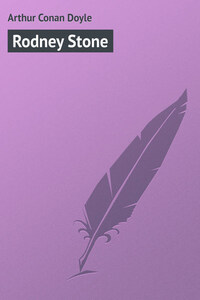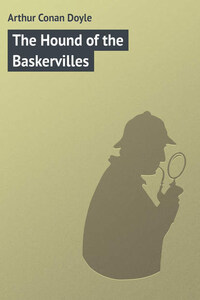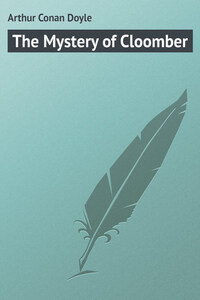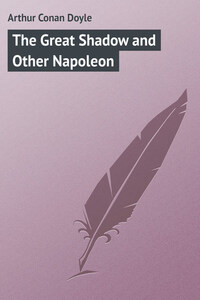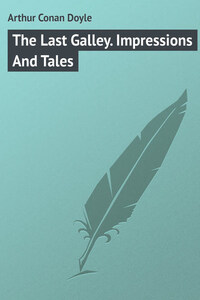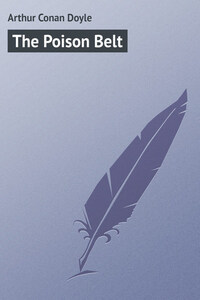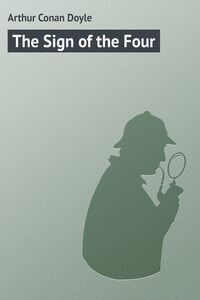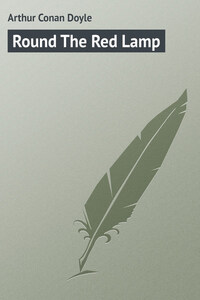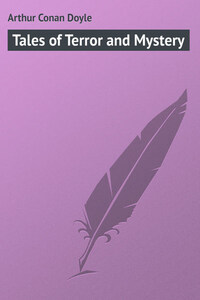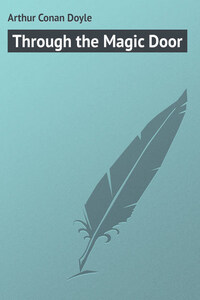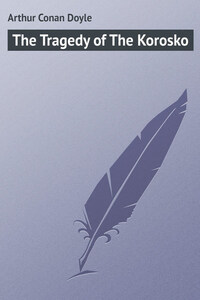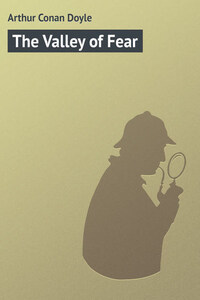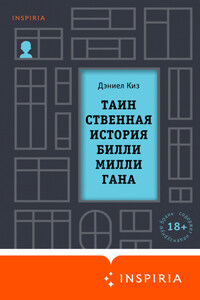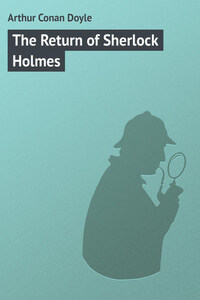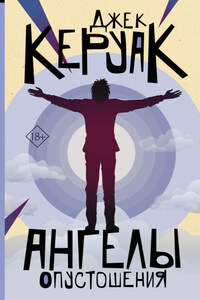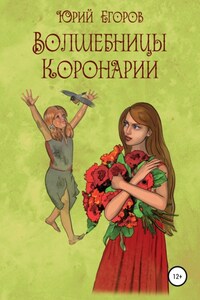On this, the first of January of the year 1851, the nineteenth century has reached its midway term, and many of us who shared its youth have already warnings which tell us that it has outworn us. We put our grizzled heads together, we older ones, and we talk of the great days that we have known; but we find that when it is with our children that we talk it is a hard matter to make them understand. We and our fathers before us lived much the same life, but they with their railway trains and their steamboats belong to a different age. It is true that we can put history-books into their hands, and they can read from them of our weary struggle of two and twenty years with that great and evil man. They can learn how Freedom fled from the whole broad continent, and how Nelson's blood was shed, and Pitt's noble heart was broken in striving that she should not pass us for ever to take refuge with our brothers across the Atlantic. All this they can read, with the date of this treaty or that battle, but I do not know where they are to read of ourselves, of the folk we were, and the lives we led, and how the world seemed to our eyes when they were young as theirs are now.
If I take up my pen to tell you about this, you must not look for any story at my hands, for I was only in my earliest manhood when these things befell; and although I saw something of the stories of other lives, I could scarce claim one of my own. It is the love of a woman that makes the story of a man, and many a year was to pass before I first looked into the eyes of the mother of my children. To us it seems but an affair of yesterday, and yet those children can now reach the plums in the garden whilst we are seeking for a ladder, and where we once walked with their little hands in ours, we are glad now to lean upon their arms. But I shall speak of a time when the love of a mother was the only love I knew, and if you seek for something more, then it is not for you that I write. But if you would come out with me into that forgotten world; if you would know Boy Jim and Champion Harrison; if you would meet my father, one of Nelson's own men; if you would catch a glimpse of that great seaman himself, and of George, afterwards the unworthy King of England; if, above all, you would see my famous uncle, Sir Charles Tregellis, the King of the Bucks, and the great fighting men whose names are still household words amongst you, then give me your hand and let us start.
But I must warn you also that, if you think you will find much that is of interest in your guide, you are destined to disappointment. When I look over my bookshelves, I can see that it is only the wise and witty and valiant who have ventured to write down their experiences. For my own part, if I were only assured that I was as clever and brave as the average man about me, I should be well satisfied. Men of their hands have thought well of my brains, and men of brains of my hands, and that is the best that I can say of myself. Save in the one matter of having an inborn readiness for music, so that the mastery of any instrument comes very easily and naturally to me, I cannot recall any single advantage which I can boast over my fellows. In all things I have been a half-way man, for I am of middle height, my eyes are neither blue nor grey, and my hair, before Nature dusted it with her powder, was betwixt flaxen and brown. I may, perhaps, claim this: that through life I have never felt a touch of jealousy as I have admired a better man than myself, and that I have always seen all things as they are, myself included, which should count in my favour now that I sit down in my mature age to write my memories. With your permission, then, we will push my own personality as far as possible out of the picture. If you can conceive me as a thin and colourless cord upon which my would-be pearls are strung, you will be accepting me upon the terms which I should wish.
